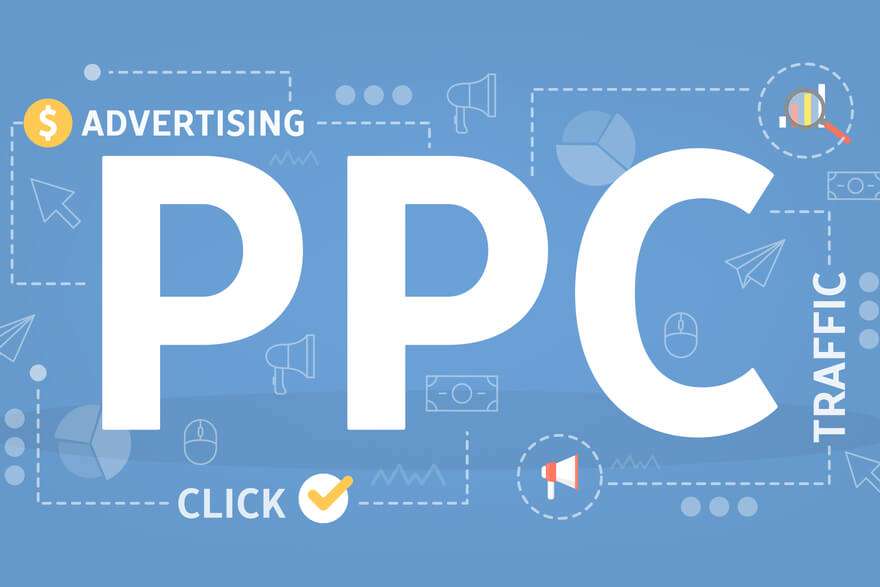The cost of PPC advertising can vary greatly depending on several factors, including the competitiveness of the industry, the quality of the ad campaign, and the specific keywords being targeted.
Here are a few factors that can affect the cost of a PPC campaign:
- Bid Amount: When you create a PPC campaign, you'll need to set a maximum bid amount for each keyword. The bid amount is the maximum amount you are willing to pay each time someone clicks on your ad. The higher the bid amount, the more likely your ad will be shown. However, you'll only be charged the minimum amount necessary to beat the next highest bidder.
- Quality Score: Google (and other search engines) use a Quality Score to determine the relevance and quality of your ad. The higher the Quality Score, the less you'll pay for each click.
- Industry Competitiveness: The cost of PPC can also vary depending on the industry's competitiveness. For example, bidding on highly competitive keywords in a popular industry like insurance or travel will likely be more expensive than bidding on less competitive keywords in a niche industry.
- Targeting options: The more specific you make your targeting options (e.g., location, demographics, interests), the more you'll pay for each click.
It's difficult to give an exact cost for a PPC campaign, as it will depend on these and other factors. However, you can expect to pay anywhere from a few cents to several dollars per click, depending on the specifics of your campaign.








